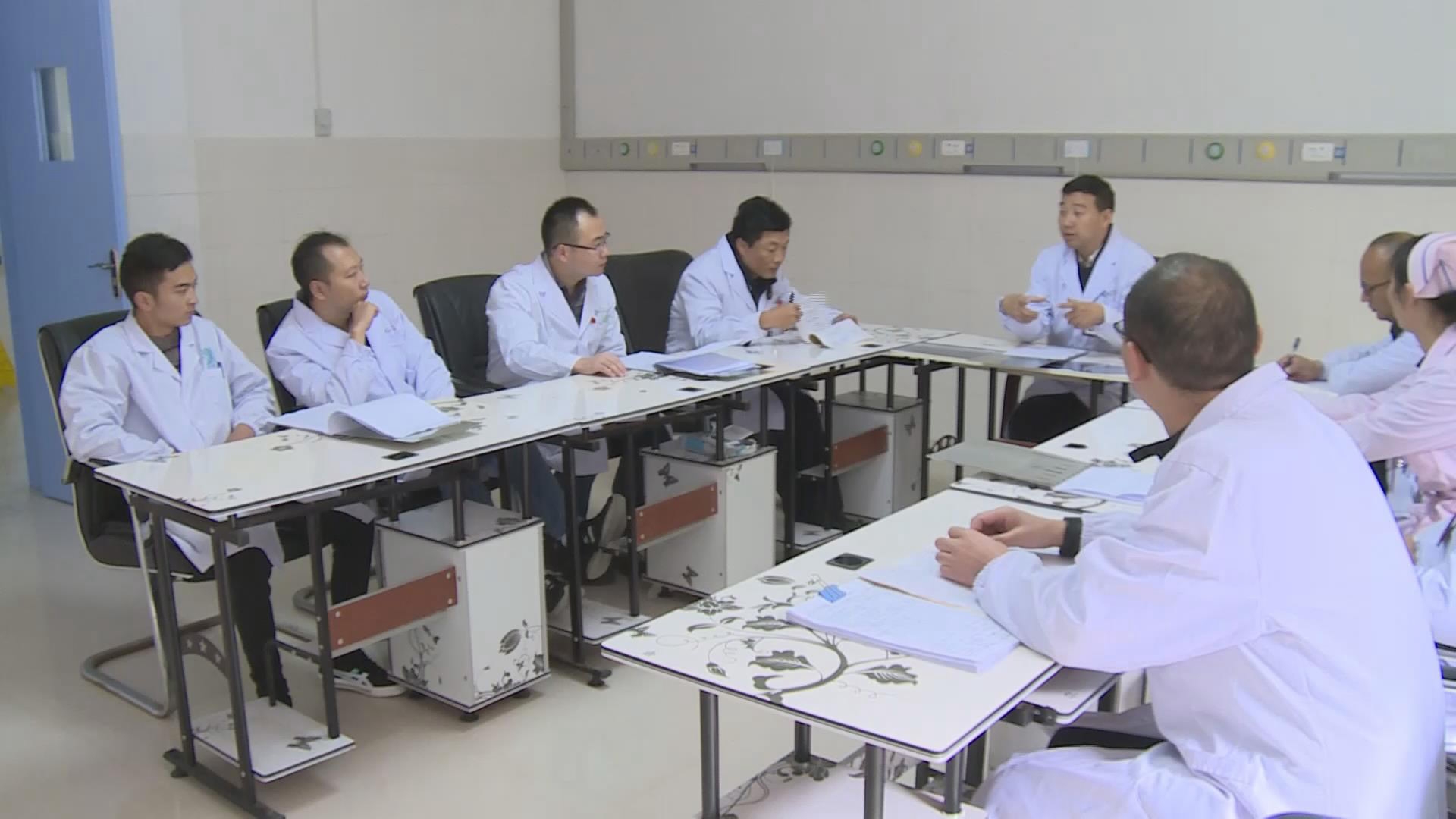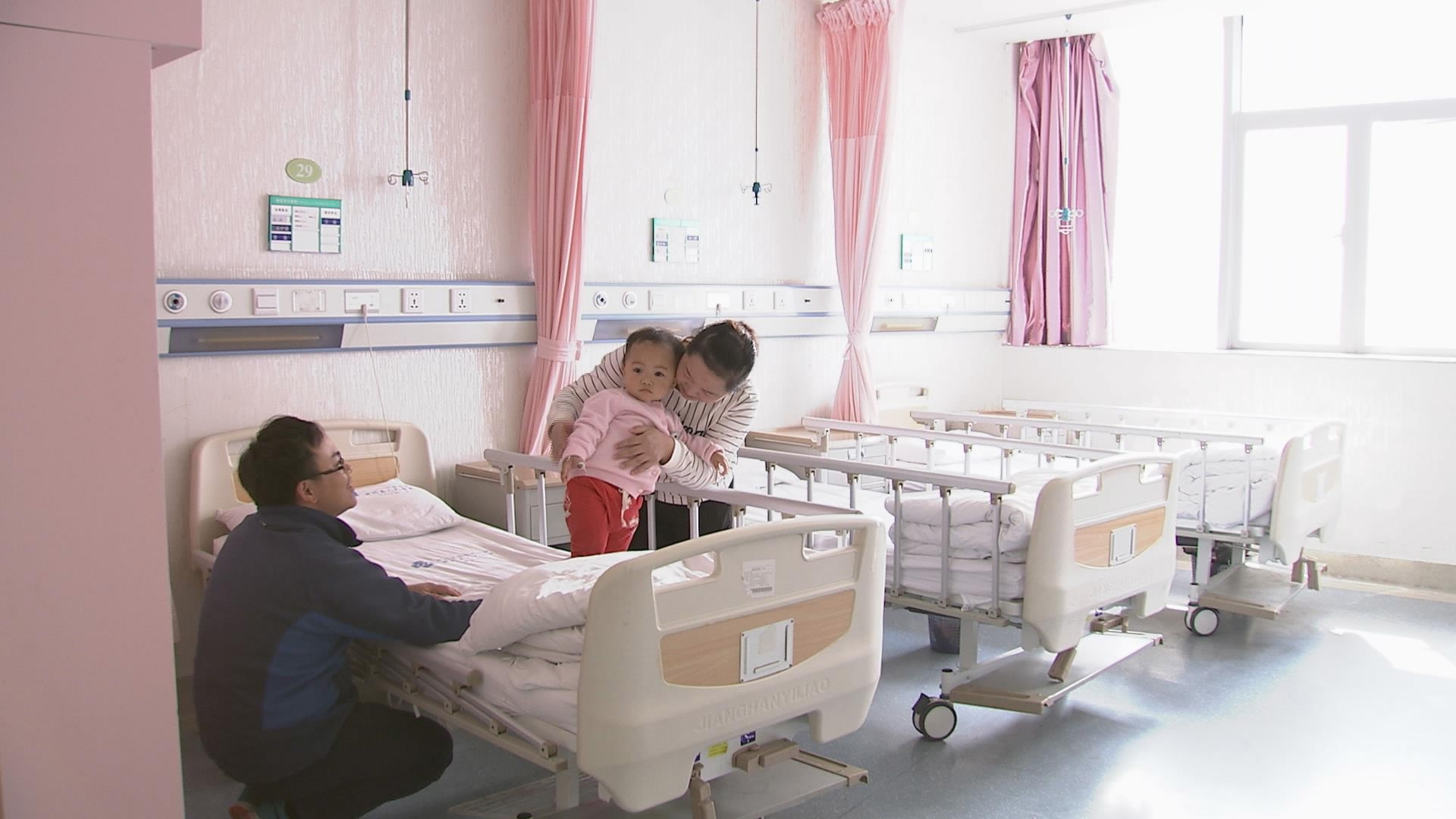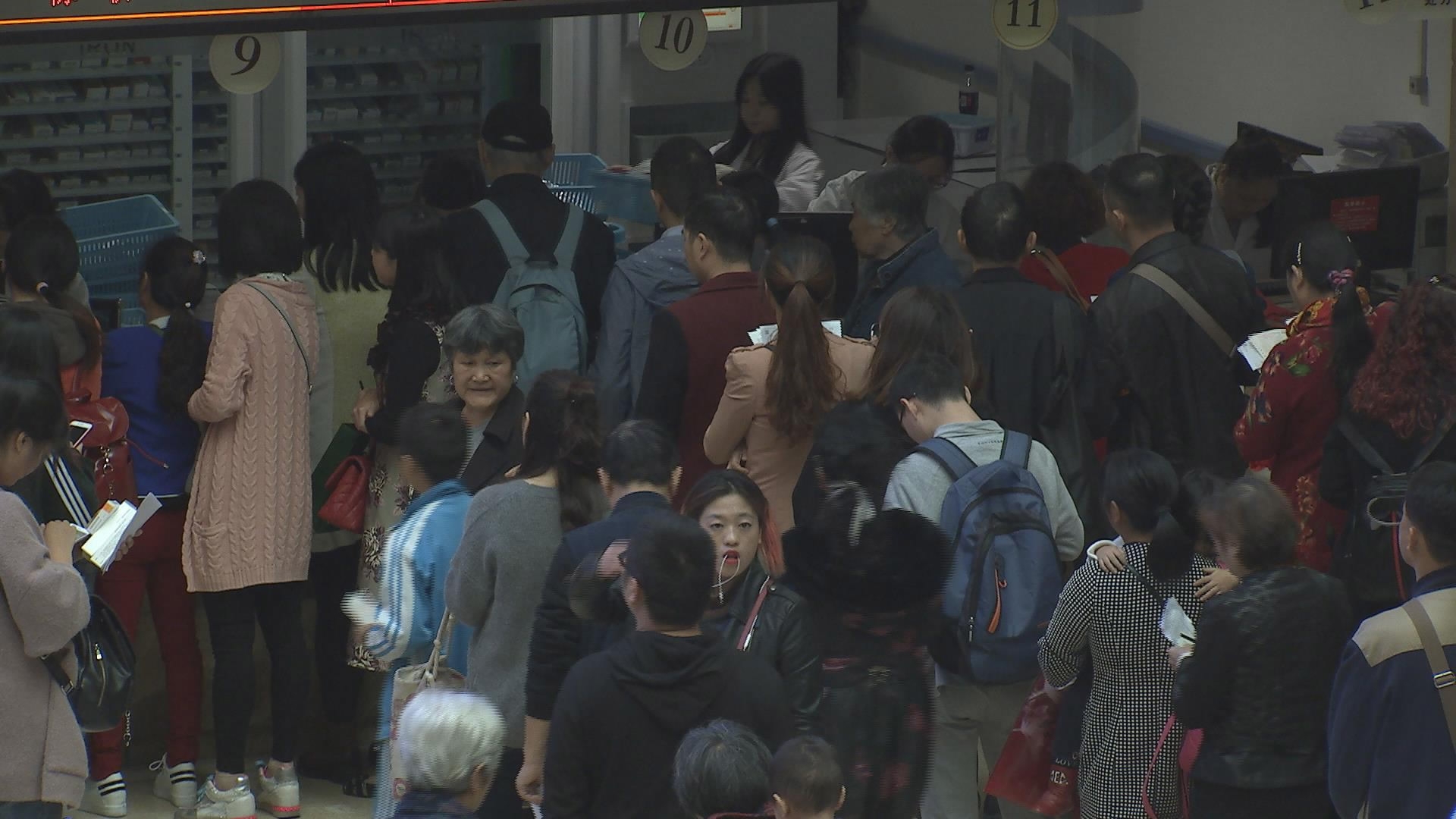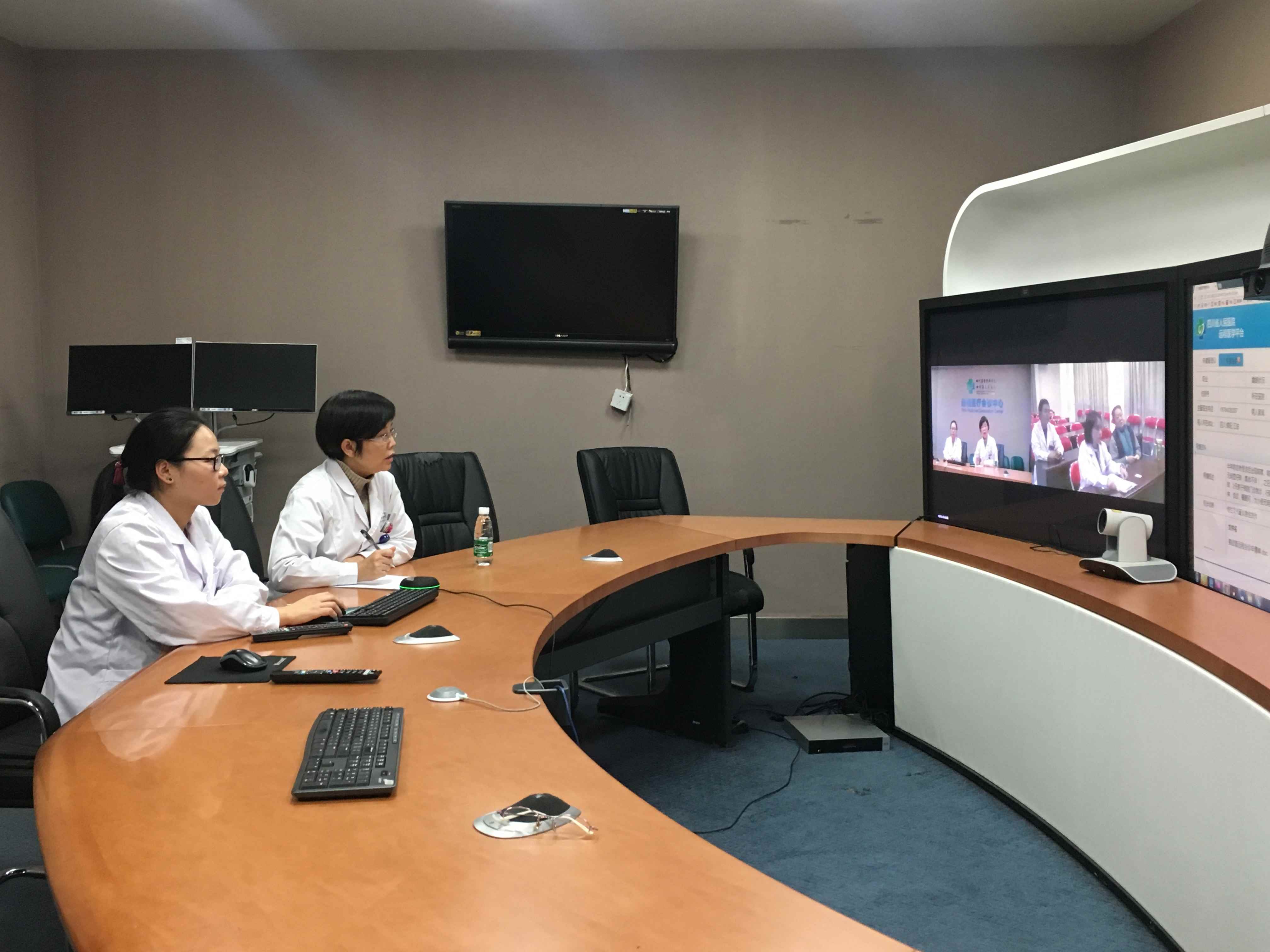
China
22:05, 24-Oct-2017
China medical reform - Resource allocation imbalance a problem that needs addressing
By Yang Jinghao, Zhang Kai and Li Yang

Deng Jiahua, a doctor from Huili County in Liangshan Yi Autonomous Prefecture of southwest China's Sichuan Province, is fortunate to have his 14-month-old daughter’s thumb saved at the Provincial People’s Hospital in Chengdu, about four months after she was diagnosed with a vascular malformation.
"We were in big trouble. The hospitals in my hometown and even the neighboring cities were unable to deal with the disease. Then we had to turn to this hospital for help," the young father told CGTN.
The family managed to secure an appointment at the hospital following a diagnosis through a special "telemedicine mechanism".

A 14-month-old girl from a county in southwestern Sichuan Province, fortunately, had her thumb treated in the Sichuan Provincial People’s Hospital. / CGTN Photo
A 14-month-old girl from a county in southwestern Sichuan Province, fortunately, had her thumb treated in the Sichuan Provincial People’s Hospital. / CGTN Photo
But not everyone could be so lucky. Millions of people in remote areas still lack access to top-quality healthcare resource. To get the treatment they need, more and more patients are flocking to prestigious hospitals in the big cities.
With these facilities straining under the pressure, scalpers are taking advantage of people’s desperate need to see a specialist and are charging exorbitant fees to set up an appointment. As a doctor himself, Deng has some strong feelings on the matter.
"A lack of skilled doctors has been a long-term problem of grassroots-level hospitals. Worse still, many of them would choose to work for higher-level hospitals once they get an opportunity. This has further worsened the situation," Deng said.
In response to the backlash, the national authorities have worked out different plans to ease the pressure, such as the so-called "hierarchical diagnosis and treatment."

Crowds line up to get medicines at the Sichuan Provincial People’s Hospital. / CGTN Photo
Crowds line up to get medicines at the Sichuan Provincial People’s Hospital. / CGTN Photo
The Sichuan Provincial Hospital introduced the telemedicine system years ago. Currently, it’s cooperating with about 200 county-level or township-level hospitals by providing remote consultation. It even plans to involve some village clinics in this scheme.
Kan Guangshu, president of the Yilong County Hospital in Sichuan, said the telemedicine system has helped their medical staff improve their knowledge and skills. With it, patients can also have qualified diagnoses. It not only improves medical efficiency, but it also eases the patients’ burden.
Zhou Hong, director of the telemedicine center of the hospital, said they have dealt with about 1,000 cases in this way this year, and only some 40 patients were transferred to the provincial hospital for further treatment.
In a response to the nation’s call to establish "regional medical alliances" to integrate medical resources, the hospital has also sent specialists to remote areas to help train doctors there.

Doctors from Sichuan Provincial People’s Hospital diagnose a patient from Sichuan’s Jiangyou County through the telemedicine system. / CGTN Photo
Doctors from Sichuan Provincial People’s Hospital diagnose a patient from Sichuan’s Jiangyou County through the telemedicine system. / CGTN Photo
In his report at the opening session of the 19th Communist Party of China (CPC) National Congress last week, General Secretary Xi Jinping said the country would do all it could to implement the strategy to improve people's health, and provide all-around services through deepening medical reforms.
Deng Shaoping, president of the Sichuan Provincial Hospital, said the fundamental solution to the imbalanced allocation of medical resources is to cultivate more medical talents.
"I think, in the future if we really want to improve the medical care quality, especially for those living in remote areas, we should train more general doctors or family doctors," Deng said.
Deng Jiahua echoed him, saying that for hospitals at the grassroots levels, advanced medical equipment is not the most important, and what they really need is skillful medical practitioners who would devote themselves there.
(Ma Xinyue also contributed to this story)

SITEMAP
Copyright © 2018 CGTN. Beijing ICP prepared NO.16065310-3
Copyright © 2018 CGTN. Beijing ICP prepared NO.16065310-3